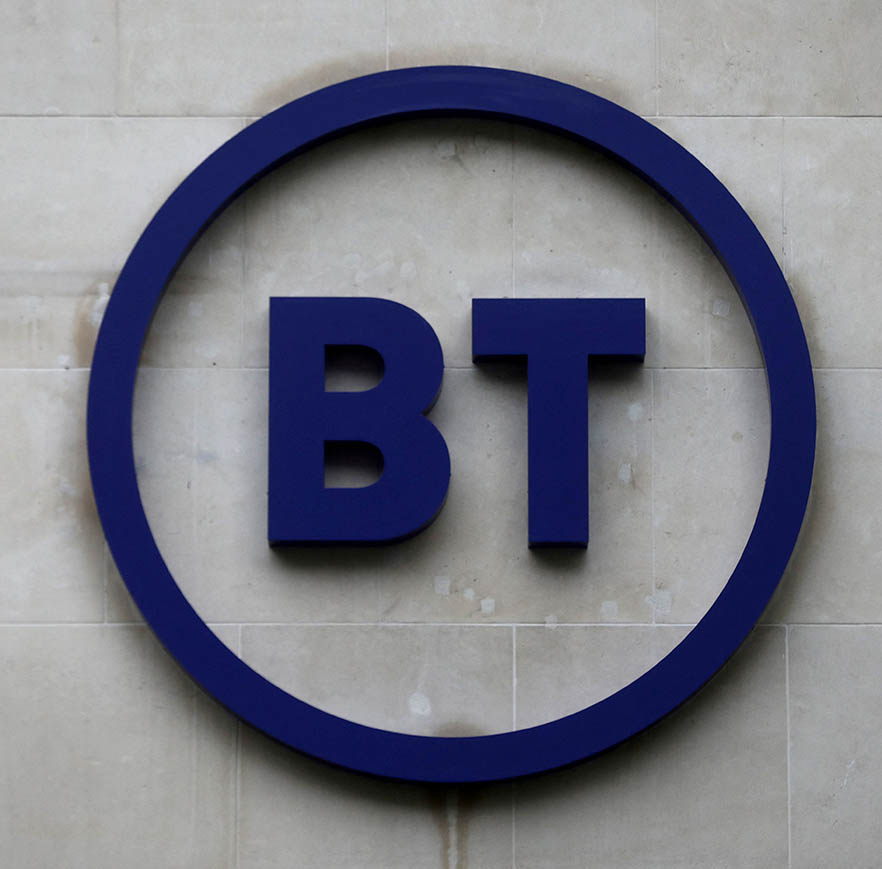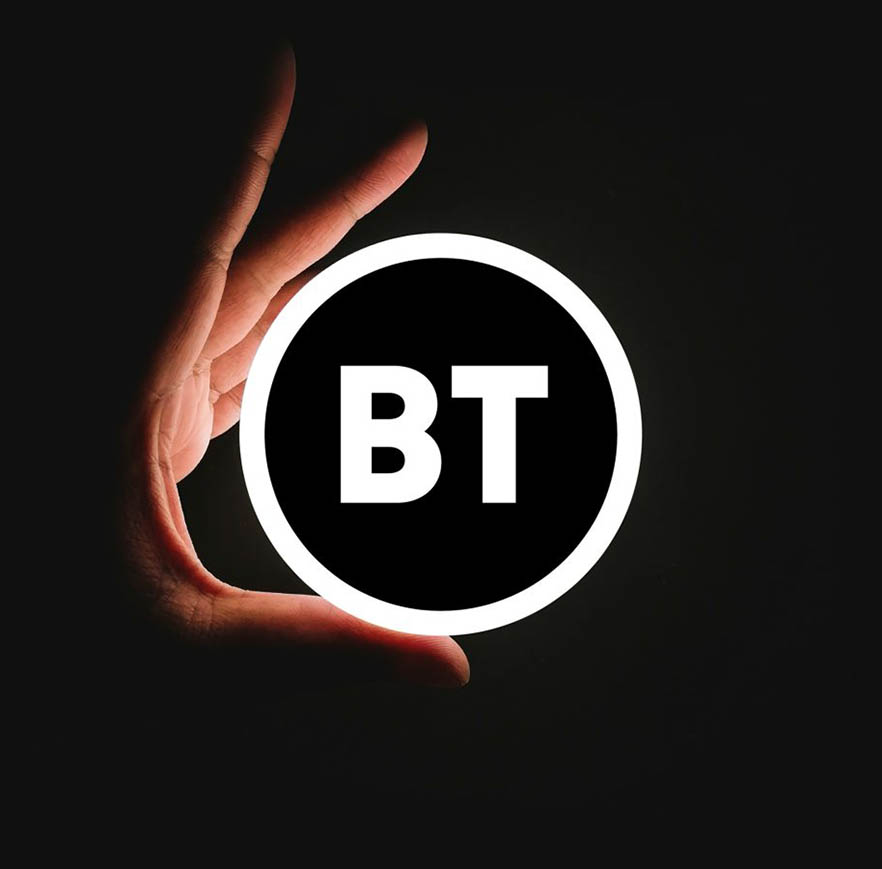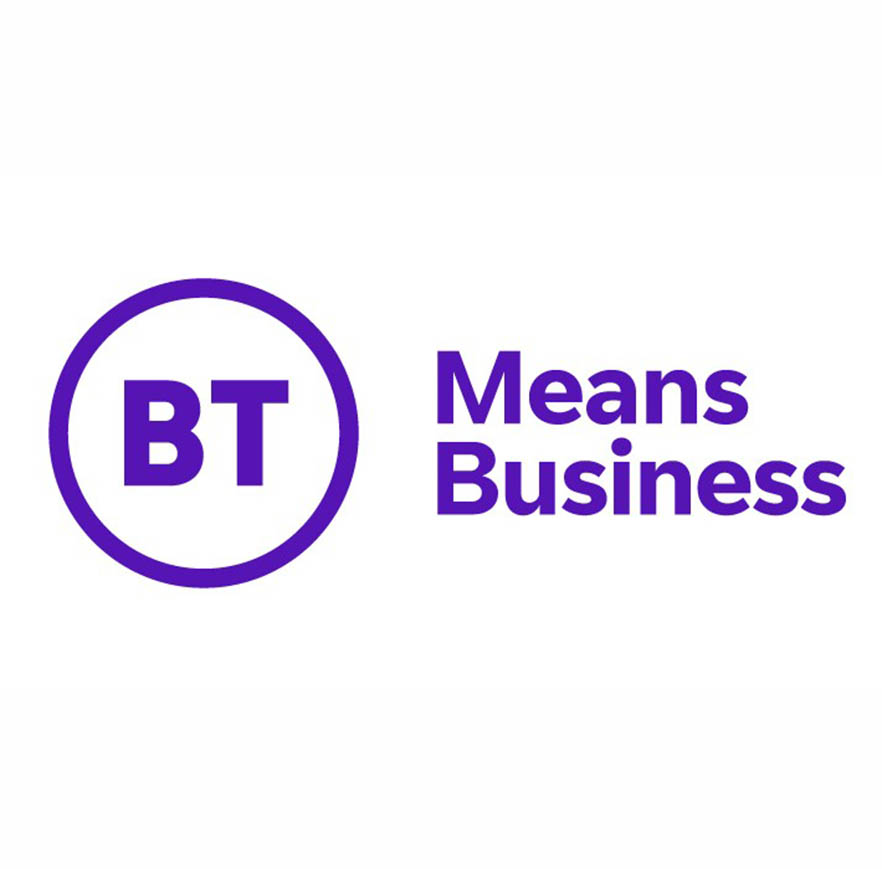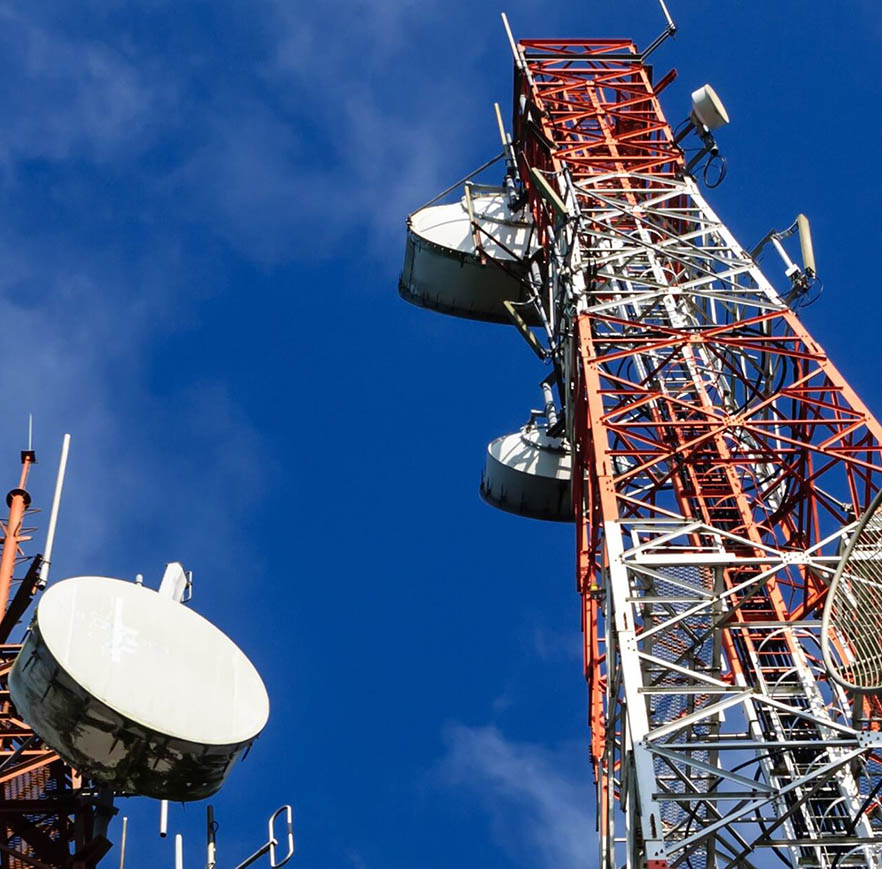What is BT?
BT, short for British Telecommunications, is a telecommunications company that has a rich history and extensive presence in the United Kingdom. Established in 1981, BT has since grown to become one of the leading providers of telecommunications services in the country. BT offers a diverse range of services to meet the needs of its customers. It provides fixed-line telephone services, broadband internet, mobile communications, and IT solutions. With its comprehensive portfolio of services, BT caters to both residential and business customers, serving as a trusted provider of connectivity and communication solutions. As a telecommunications giant, BT has played a significant role in shaping the UK’s communication infrastructure. It operates and maintains a vast network of infrastructure, including telephone exchanges, data centers, and fiber optic cables. This infrastructure forms the backbone of BT’s services, enabling the delivery of reliable and high-quality communication services to millions of customers across the country. BT is committed to innovation and technological advancements. It has been at the forefront of developing and deploying advanced technologies in the telecommunications industry. This includes the roll-out of fiber optic broadband, the development of 5G networks, and the implementation of cutting-edge communication solutions for businesses.
Is BT a private company?
BT is a private company. It has undergone a significant transformation since its establishment as a state-owned entity in 1981. In 1984, the UK government decided to privatize BT, offering shares to the public through an initial public offering (IPO). This move allowed BT to transition from a government-controlled entity to a privately-owned company. As a private company, BT operates with a degree of independence and autonomy in its decision-making processes and day-to-day operations. It is accountable to its shareholders, who own the company’s shares and have a stake in its financial performance and strategic direction. The fact that BT is a private company enables it to compete in the marketplace and make business decisions based on market dynamics and customer demands. It also provides the company with the flexibility to pursue growth opportunities, invest in technology and infrastructure, and adapt to changing market conditions. Being listed on the London Stock Exchange means that shares of BT are publicly traded, allowing investors to buy and sell shares in the company. This provides liquidity and transparency to the ownership structure of BT, and allows individuals and institutions to participate in the company’s growth and success.
Who owns BT?

BT is a publicly traded company, which means its ownership is distributed among a diverse range of shareholders. These shareholders can be individuals, institutional investors, or other entities that hold BT’s shares. Individual shareholders can include retail investors who purchase BT shares through brokerage accounts or investment platforms. These individuals have the opportunity to become part-owners of BT and benefit from the company’s financial performance and dividends. Institutional investors, such as pension funds, mutual funds, and insurance companies, also play a significant role in owning BT. These institutions manage large pools of capital on behalf of their clients or policyholders and may hold substantial stakes in the company. Additionally, other entities such as sovereign wealth funds, hedge funds, and investment firms may hold shares in BT as part of their investment portfolios. These entities make investment decisions based on their strategies and objectives, aiming to generate returns on their invested capital. The ownership of BT can change over time as shares are bought and sold in the stock market. Shareholders can choose to buy or sell BT shares based on their investment goals, market conditions, and their assessment of the company’s prospects. BT’s diverse shareholder base reflects the broad interest and confidence in the company’s business operations, growth potential, and financial performance. The distributed ownership structure ensures that the decision-making power and benefits of ownership are shared among a wide range of stakeholders.
What companies does BT own?
BT owns several subsidiary companies that operate in various sectors of the telecommunications industry. These subsidiaries enable BT to provide a comprehensive range of services to its customers.
- Openreach: Openreach is responsible for the maintenance and management of BT’s nationwide telecommunications network infrastructure. It provides access to the network for other service providers, enabling them to offer their services to customers.
- BT Consumer: BT Consumer focuses on providing services directly to residential customers. It offers a wide range of telecommunications services, including fixed-line telephone, broadband internet, and television packages.
- BT Global: BT Global is the division that serves multinational corporations and businesses with international communication needs. It offers a suite of communication and IT solutions, including network connectivity, cloud services, and cybersecurity.
- BT Wholesale: BT Wholesale serves as a wholesale provider, offering network and communication services to other telecom operators, service providers, and businesses. It enables them to deliver services to their own customers using BT’s infrastructure.
- EE: BT acquired EE (formerly Everything Everywhere) in 2016, making it the largest mobile network operator in the UK. EE provides mobile telecommunications services, including voice, data, and mobile broadband.
- Plusnet: Plusnet is a subsidiary that focuses on providing broadband and fixed-line services to residential and small business customers. It offers a range of packages and plans, emphasizing competitive pricing and excellent customer service.
Competitors

In the highly competitive telecom industry, BT faces competition from several companies that offer similar services.
- Virgin Media: Virgin Media is a major competitor to BT, offering broadband, television, and mobile services. It operates its own network infrastructure and has a significant customer base across the UK.
- Vodafone: Vodafone is a leading telecommunications company that competes with BT in various areas, including mobile services and broadband. It offers a wide range of mobile plans and has invested heavily in developing its own network infrastructure.
- Sky: Sky, a renowned media and entertainment company, also competes with BT in the broadband and television sectors. It offers broadband packages, TV services, and mobile plans, aiming to attract customers with its content and bundled services.
- TalkTalk: TalkTalk is another competitor in the telecom market, providing broadband, fixed-line, and television services. It targets both residential and business customers with competitive pricing and a range of packages.
- Three: Three is a mobile network operator that competes with BT in the mobile communications sector. It offers various mobile plans, including voice, data, and roaming services, and has a strong focus on providing value and innovative features to its customers.
- O2: O2, owned by Telefonica, is a significant competitor in the mobile services market. It offers a range of mobile plans and has invested in network infrastructure to provide reliable coverage and high-quality services.
BT’s extensive presence in the telecommunications sector, its status as a private company, ownership by shareholders, ownership of subsidiary companies, and competition from other industry players contribute to its position as a prominent player in the UK telecom market.





